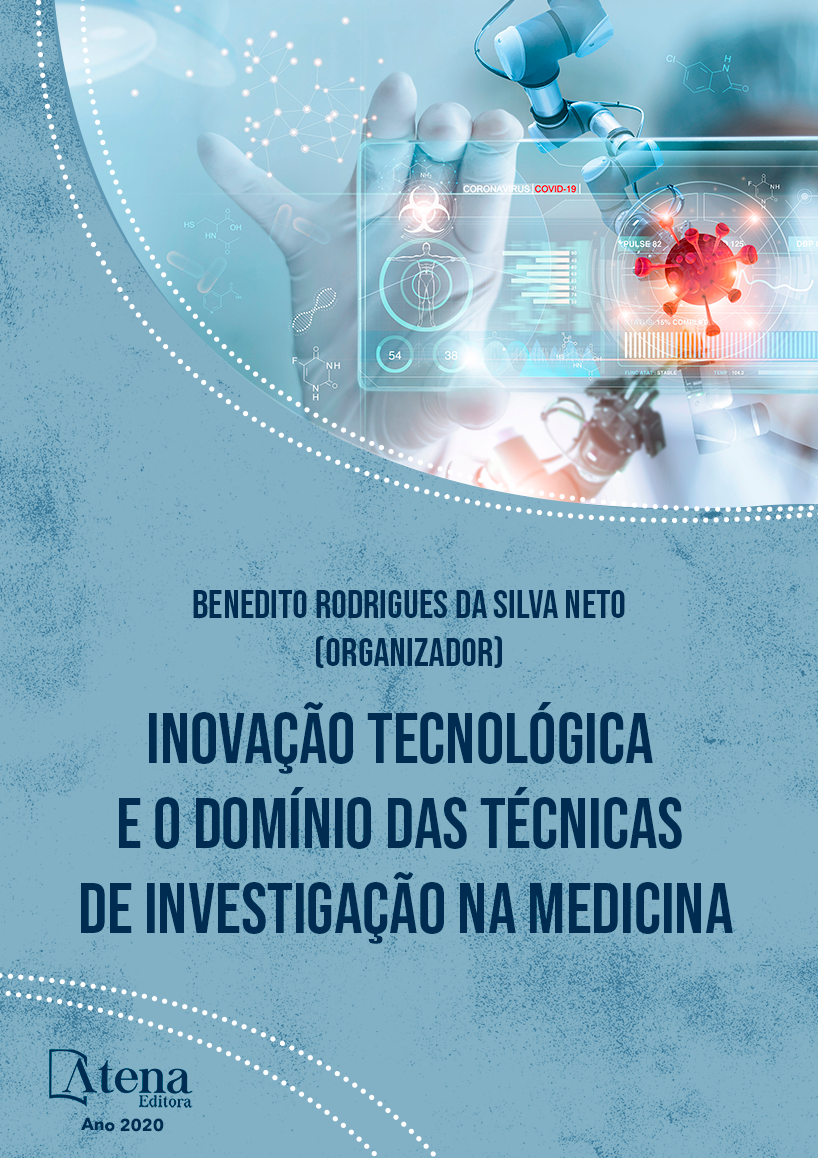
Sexualidade na melhor idade: ultrapassando barreiras
O envelhecimento da população é um fato de abrangência mundial, sendo também, o novo objetivo da saúde brasileira, preservar a independência do idoso e manter a sua capacidade funcional. Contudo, os idosos são normalmente negligenciados nos assuntos relacionados à sexualidade, o que configura essa parcela populacional vulnerável a adquirir Infecções Sexualmente Transmissíveis (IST’s), suas consequências e à disseminação destas para as demais parcelas da população sexualmente ativa, pela falta de conhecimento de como evitar o contágio. O objetivo do trabalho foi identificar o grau de conhecimento e percepção dos idosos sobre o risco de aquisição de doenças sexualmente transmissíveis em sua faixa etária, além da elaboração de estratégias de intervenção ao risco de doenças sexualmente transmissíveis. Assim, foi feita uma pesquisa quanti-qualitativa, estruturada por um questionário sobre o conhecimento e hábitos dos idosos frente às IST’s, em que foram entrevistados 43 idosos, participantes do Projeto AGITA ASSIS, em duas Estratégias de Saúde da Família (ESF) em Assis-SP. De acordo com os resultados alcançados por essa pesquisa obteve-se que 45,94% dos idosos entrevistados relataram que possuem vida sexual ativa e que a maioria deles trouxeram algum benefício em relação a atividade sexual na terceira idade. Ainda, dos entrevistados, 78,37% disseram ter tido informações acerca do que são IST’s, sendo que 45,94% disse ter recebido essas informações pela televisão e apenas 8,10% em serviços de saúde.
Sexualidade na melhor idade: ultrapassando barreiras
-
DOI: 10.22533/at.ed.56820220521
-
Palavras-chave: Idoso; Sexualidade; Doenças Sexualmente Transmissíveis.
-
Keywords: Elderly; Sexuality; Sexualy Transmitted Diseases.
-
Abstract:
The aging of the population is a global fact, and it is also the new goal of Brazilian health to preserve the independence of the elderly and maintain their functional capacity. However, the elderly are usually neglected in matters related to sexuality, which configures this vulnerable population to acquire Sexually Transmitted Infections (STIs), their consequences and the dissemination of these to other parts of the sexually active population, lack of knowledge of how avoid contagion. The objective of this study was to identify the degree of knowledge and perception of the elderly about the risk of acquiring sexually transmitted diseases in their age group, as well as the development of intervention strategies for the risk of sexually transmitted diseases. Thus, a quantitative-qualitative study was carried out, structured by a questionnaire about the knowledge and habits of the elderly in relation to STIs, in which 43 elderly people, participants of the AGITA ASSIS Project, were interviewed in two Family Health Strategies (ESF) in Assis -SP. According to the results obtained by this research, it was obtained that 45,94% of the elderly interviewed reported that they have an active sexual life and that most of them brought some benefit in relation to sexual activity in the third age. Still, 78,37% said they had information about what STIs are, 45,94% said they received this information on television and only 8,10% in health services.
-
Número de páginas: 17
- Luciane Cristine Ribeiro Rodrigues
- Mariana Costa Zoqui
- Juliana Gonçalves Herculian
- Vanessa Clivelaro Bertassi Panes
- Ana Lídia Marques Sartori
- Maria Victoria Marques Polo


